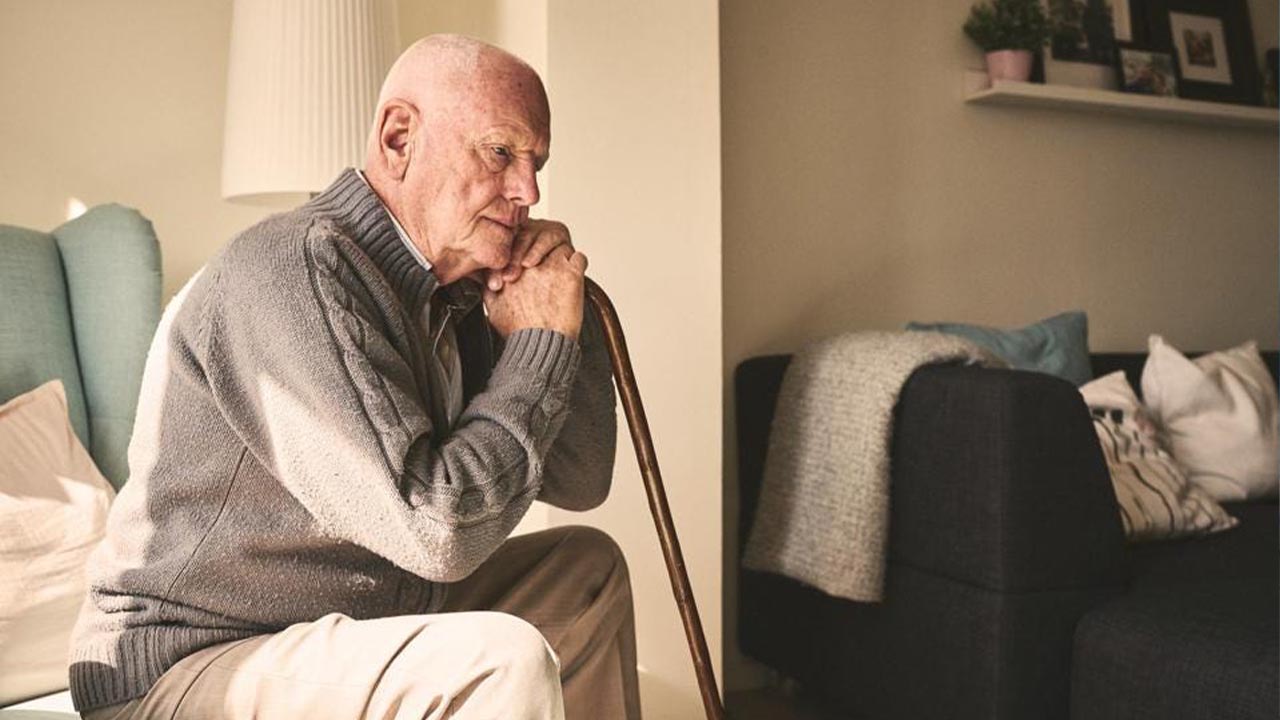The Research found that older people are becoming targets of Loneliness daily. They also found out that people in their 20s had the highest rates of Loneliness, and those in their 60s had the lowest levels. Many people experience increased feelings of Loneliness around their mid-40s. These findings are as confusing as they are surprising; at least, at first, it is also known as social isolation.
Social isolation was associated with about a 50% increased risk of dementia. Poor social relationships are characterized by social isolation, also known as Loneliness, which was associated with a 29% increased risk of heart disease and a 32% increased risk of stroke in old age. Some steps help us to cope with Loneliness in old age.
Tips for coping with Loneliness in old age?
1. Connect with your community
Volunteering in your local area can be a great way to get involved, meet new people, and contribute to your community. Being a part of a community can have a positive effect on mental health and emotional well-being. Community involvement provides a sense of belonging and social connectedness.
It can also offer special meaning and purpose to everyday life. Many activities can help increase your sense of belonging. Learning a language or martial arts, volunteering, or joining a social gathering are a few options to go out for social gatherings and connect with the community.
2. Participate in social activities
Joining a club or group that meets regularly can help to provide companionship and a sense of belonging. Involvement in social activities is beneficial for both physical and mental health. Staying socially active can help prevent social isolation and Loneliness, both of which are associated with negative health outcomes. These include depression, high blood pressure, heart disease, and cognitive decline. It also develops your mood, reduces stress levels improves brain health.
3. Reach out to family and friends
Keeping in contact with family and friends can be a great way to combat Loneliness, particularly if you can arrange to meet in person or participate in activities together. If you can get along with others, you are more likely to be successful in whatever you do. Getting along shows sensitivity and respect, making others more likely to behave similarly. In other words, getting involved with others will help you to cope with Loneliness.
4. Get regular exercise
Physical activity can help to improve your mood and reduce feelings of Loneliness. Try joining a local gym or walking group. It will also help keep your vascular health in check. You can also walk in the park; a morning walk is important for your body’s development. It also makes you physically active and keeps you away from Loneliness.
5. Seek professional help
If you are struggling to cope with Loneliness, it is important to seek help. Seeking help ensures that you can build a supportive community that understands what you’re going through and what problems you are dealing with. This community can offer helpful and appropriate guidance and advice to you. It can help you to deal with problems like Loneliness, depression, anxiety, etc.
6. Stay Positive
Stay positive and focus on the things that make you happy. Even if you’re feeling lonely, try focusing on your life’s positive aspects. Being positive is the best thing for everyone. It keeps your mind positive and active. You keep yourself protected from negative thoughts. Staying positive keeps you happy physically and emotionally.
7. Use of technology
A range of online platforms and apps allow you to stay connected to others and keep in touch with family and friends. You will use social media apps to be connected with others. You keep yourself busy and always connected with your loved ones. You will stay away from Loneliness.
8. Keep Learning
Lifelong learning can help you keep your mind sharp and allow you to meet new people. Look for classes or join a book club. Or visit your relatives; friends gossip with them, share your information with others, and keep learning, which keeps you busy and active and helps you explore new ideas and concepts of life’s journey.
9. Get out and explore
Getting out of the house can help seniors stay socially connected and engaged. Take a day trip to a nearby city, explore a nearby park, or visit a museum or local attraction. This helps you socialize and keeps your mind busy and active. It would help if you took the time to explore new places. Get out and explore new things, places, friends, and information; it will help you to cope with depression and Loneliness.
10. Stay active
Physical activity can help reduce Loneliness and depression in older adults. Exercise improves mood, reduces stress and tension, and increases energy levels. Walk around your neighborhood, join an exercise class, or find other ways to stay active. Keeping yourself active helps you to cope with Loneliness.




